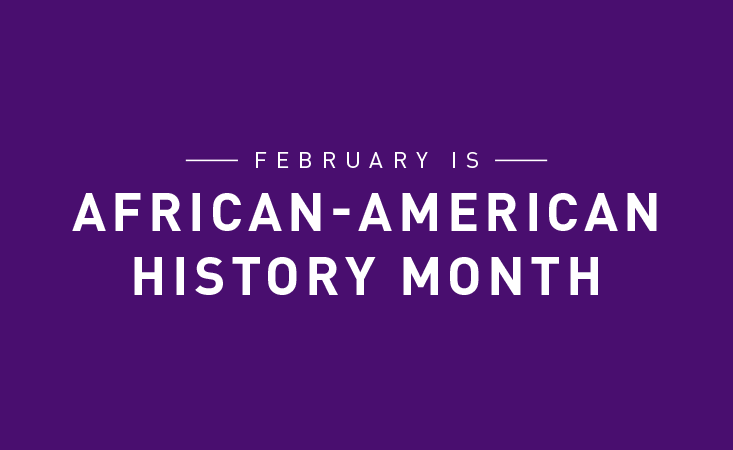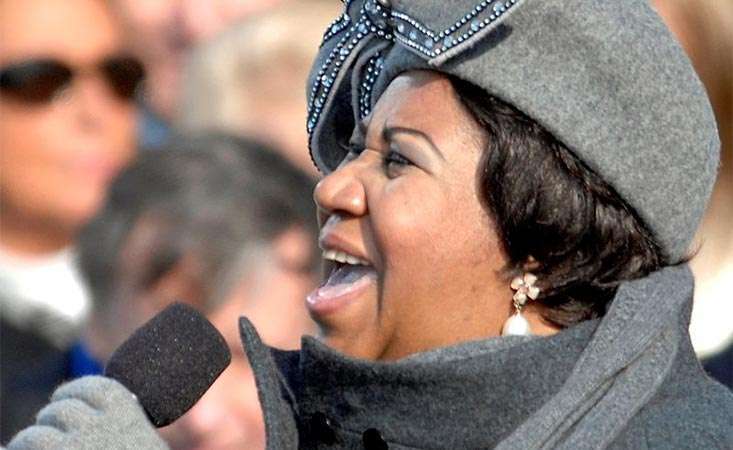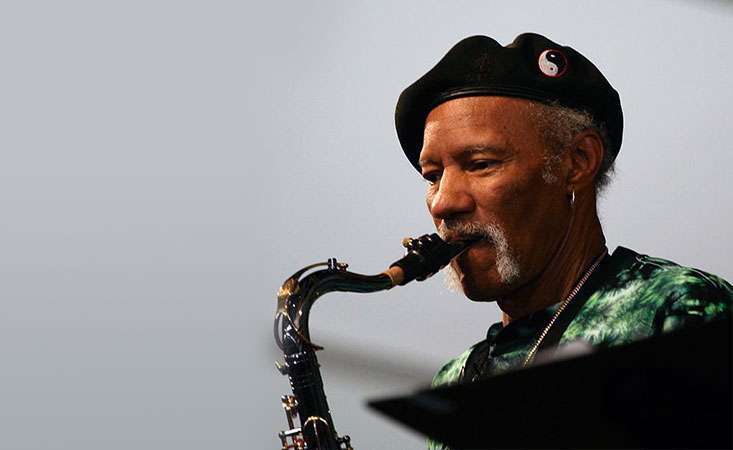
It’s African-American History Month, which pays tribute to generations of African-Americans who struggled with adversity to achieve full citizenship in American society.
And while they are lauded for these and other contributions, the Pancreatic Cancer Action Network (PanCAN) takes this opportunity to remember and pay tribute to African-American trailblazers lost to pancreatic cancer – the country’s third leading cause of cancer-related death.

Aretha Franklin died in 2018 of neuroendocrine pancreatic cancer.
Several black Americans who were prominent in the music industry were lost to the disease last year, and they are deeply missed. “Queen of Soul” Aretha Franklin’s death to neuroendocrine pancreatic cancer, a more rare form of the disease, in August 2018 rocked the country and hit especially hard in her hometown of Detroit.
Joe Jackson, patriarch of the Jackson music dynasty, also died of pancreatic cancer – just two months prior to Franklin, in June 2018. And Charles Neville, the famed New Orleans-born saxophonist, died in April 2018.
Other lives lost last year to the disease include actor Hugh Dane, who died in May, and Edwin Hawkins, a gospel musician and composer. He passed away last January.
The list goes on, unfortunately. Fiery soul singer Sharon Jones died in 2016 of the disease, and NFL Hall of Famer and Oakland Raider Gene Upshaw passed away in 2008. Jazz legends Count Basie and Dizzy Gillespie, actor Julius Carry, literary icon Lorraine Hansberry and singer Billy Paul are also among notable greats lost to pancreatic cancer. View a complete list of public figures affected by pancreatic cancer.

Joe Jackson passed away of pancreatic cancer in 2018.
African-Americans are at an increased risk for pancreatic cancer. Black Americans have the highest incidence rate of pancreatic cancer of all ethnic/racial groups in the United States, up to 67 percent higher than any other group, according to the National Cancer Institute SEER data.
Although there are many pancreatic cancer risk factors, including family history, diabetes, obesity and smoking, there is evidence that this racial disparity is more related to social and access issues rather than biology.
Given the statistics, African-American History Month is also a relevant time to issue a reminder about the importance of clinical trial participation.
In the fight against pancreatic cancer, clinical trials often provide the best treatment options. They give patients early access to leading-edge treatments that can lead to progress in research, improved treatment options and better outcomes. Without increased enrollment, it is very challenging to approve new and better treatment options.
Considering clinical trials is particularly important for pancreatic cancer patients who are part of an ethnic or racial minority group.

Charles Neville died of pancreatic cancer in 2018.
I’m In, a campaign that encourages diversity in clinical trials, highlights an eye-opening statistic: “Despite comprising 12 percent of the U.S. population, African-Americans make up only 5 percent of clinical trial participants. Hispanics represent 16 percent of the U.S. population, but only 1 percent of clinical trial participants.” 1
Every pancreatic cancer tumor is different and treatments may work differently based on tumor biology. Studies show treatments selected based on tumor biology may increase their success.
The I’m In campaign explains why the patient’s ethnic and racial background is also so important for clinical trials, stating, “According to the Food and Drug Administration (FDA), increased diversity in clinical trials could help researchers find better ways to fight diseases that disproportionately impact certain populations.”
Images used for this blog are assumed to be in public domain. If you are the owner of an image(s) used in this blog and believe their use on this site is in violation of any copyright law, please contact media@pancan.org.
1 The Society for Women’s Health Research United States Food and Drug Administration Office of Women’s Health. “Dialogues on Diversifying Clinical Trials.” 2011. Available from: http://www.fda.gov/downloads/ScienceResearch/SpecialTopics/WomensHealthResearch/UCM334959.pdf [Accessed 2013 Oct 10].
















